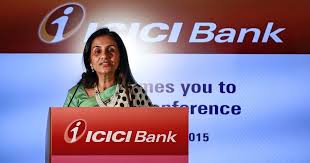The Supreme court held that top officers of private banks could be treated on par with public servants under the Prevention of Corruption Act, 1988. The top court has commented on the recent hearing related to an alleged nexus between VideoconNSE 2.17 % Group chairman Venugopal Dhoot and Deepak Kochhar, the husband of ICICI Bank chief Chanda Kochhar, related to a loan deal between the lender and the conglomerate. ICICI bank had extended the loan facilities to Videocon as per ET report.
The top court has sited the two year old cases involving Ramesh Gelli, who was the chairman of the erstwhile Global Trust Bank. The high court had ruled that Gelli couldn’t be charged under the anti-corruption law as, technically speaking, he wasn’t a public servant. But the Supreme Court said chiefs of private banks could be considered public servants for purposes of the Prevention of Corruption Act.
PNB Detected Rs 1.13 Lakh Crore Fraudulent Transactions
Section 46-A of the Banking Regulation Act, 1949, which provides that a whole-time chairman, managing director or director of a banking company shall be deemed to be a public servant.
The top court ruled to treat officers of private banks on par with the anti-corruption law. In reaching a decision, the bench focused on relevant sections — 2 (b) and 2 (c) (viii) — of the anti-corruption act and section 46-A of the Banking Regulation Act.

